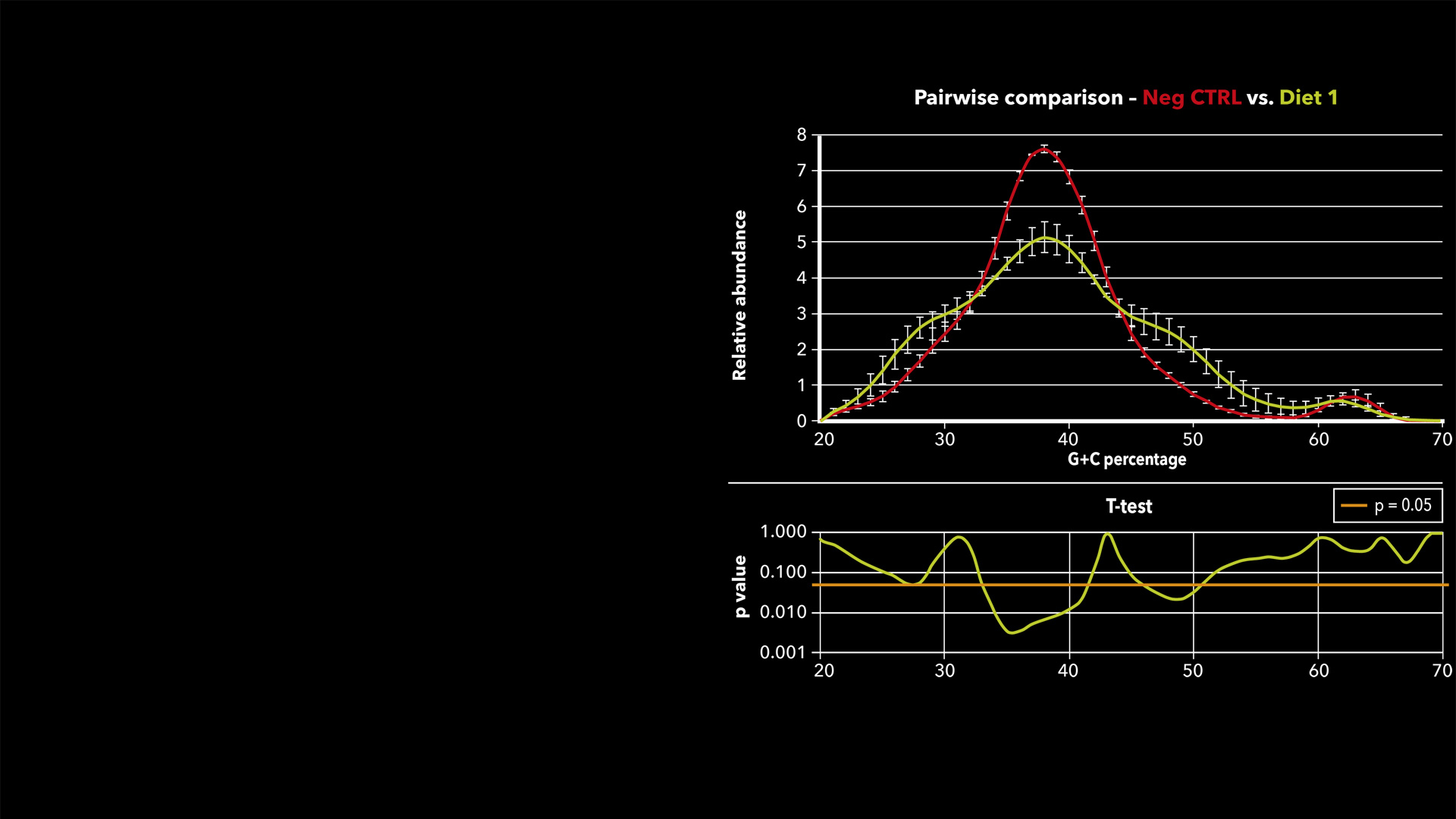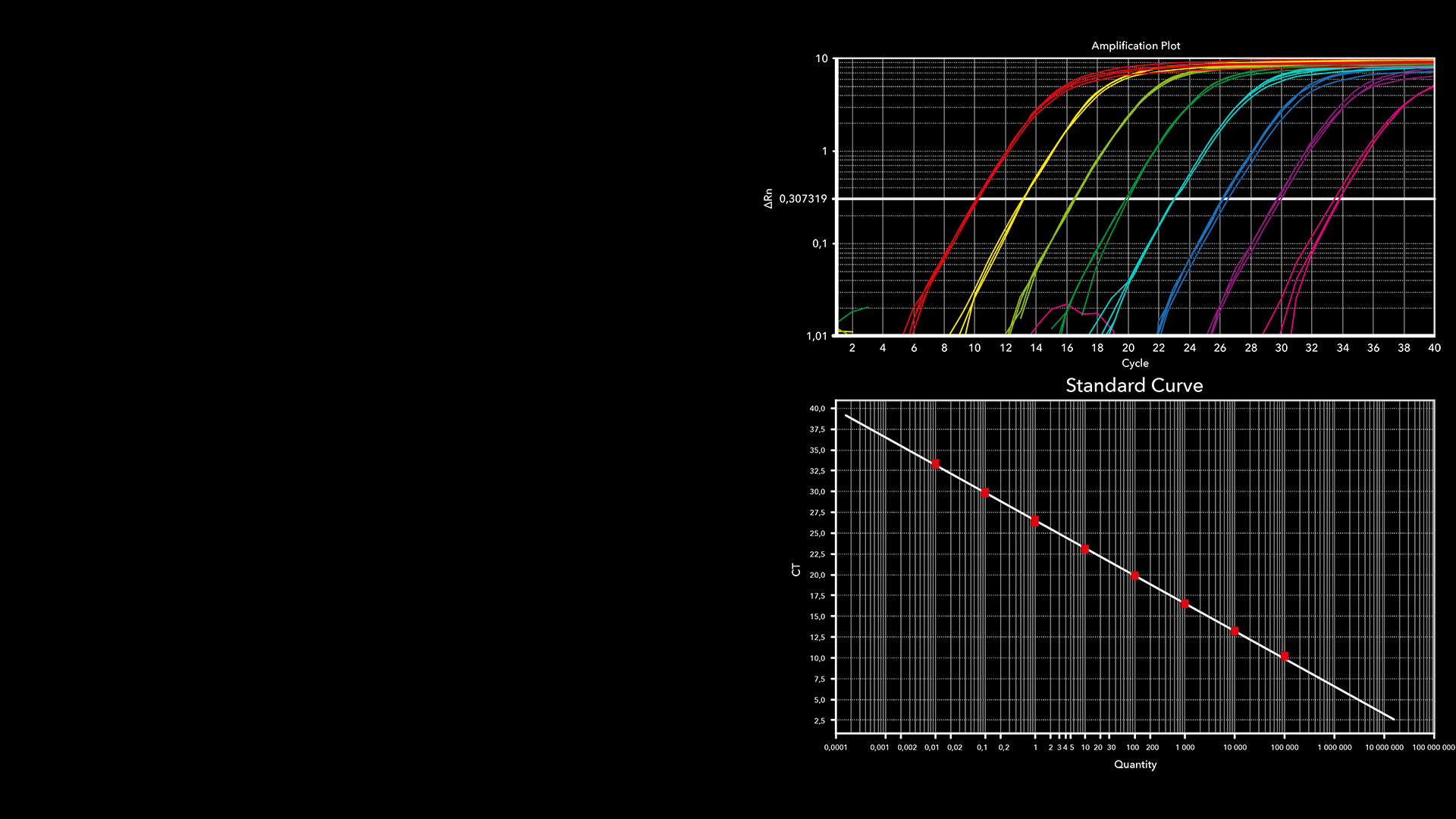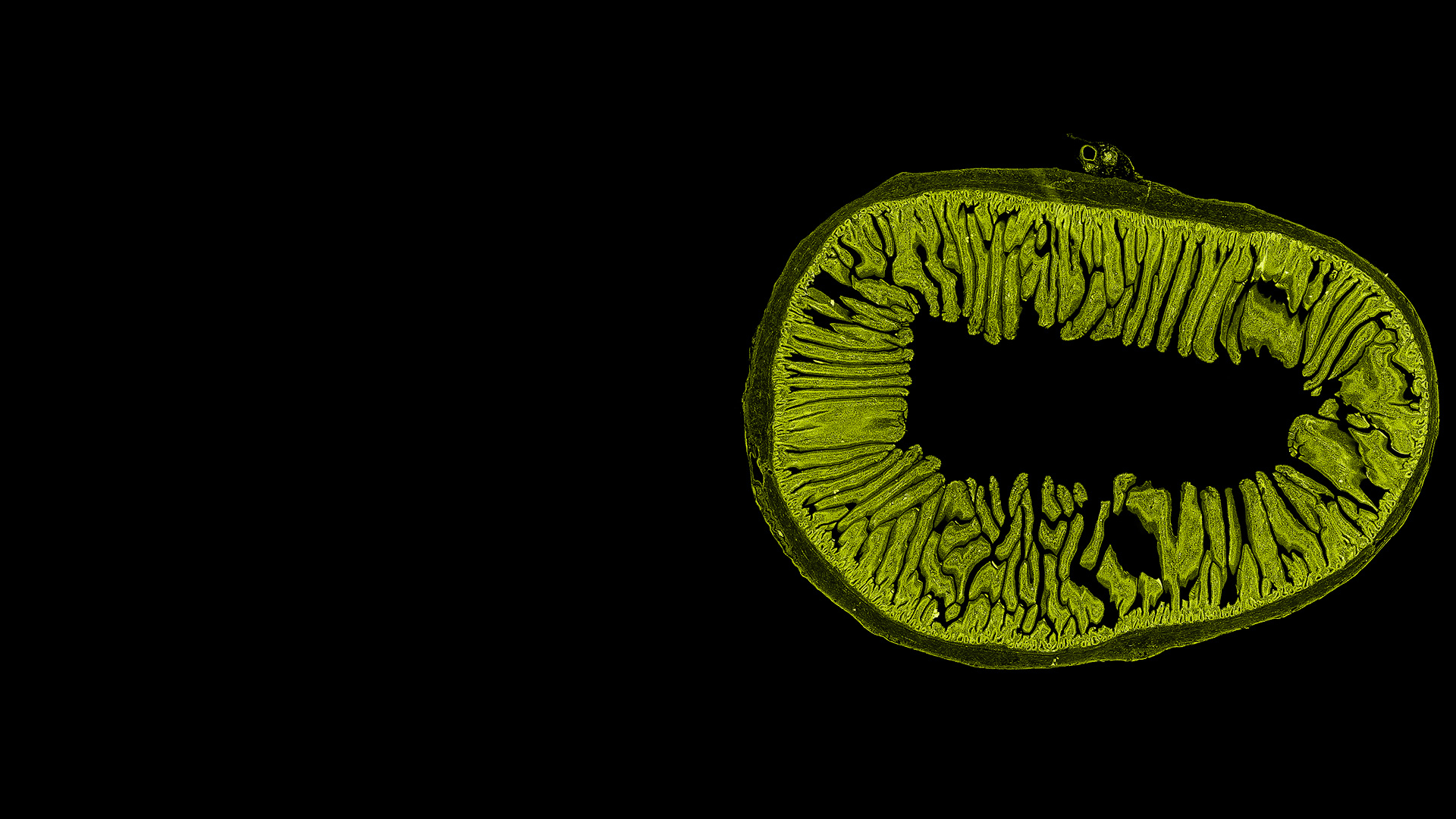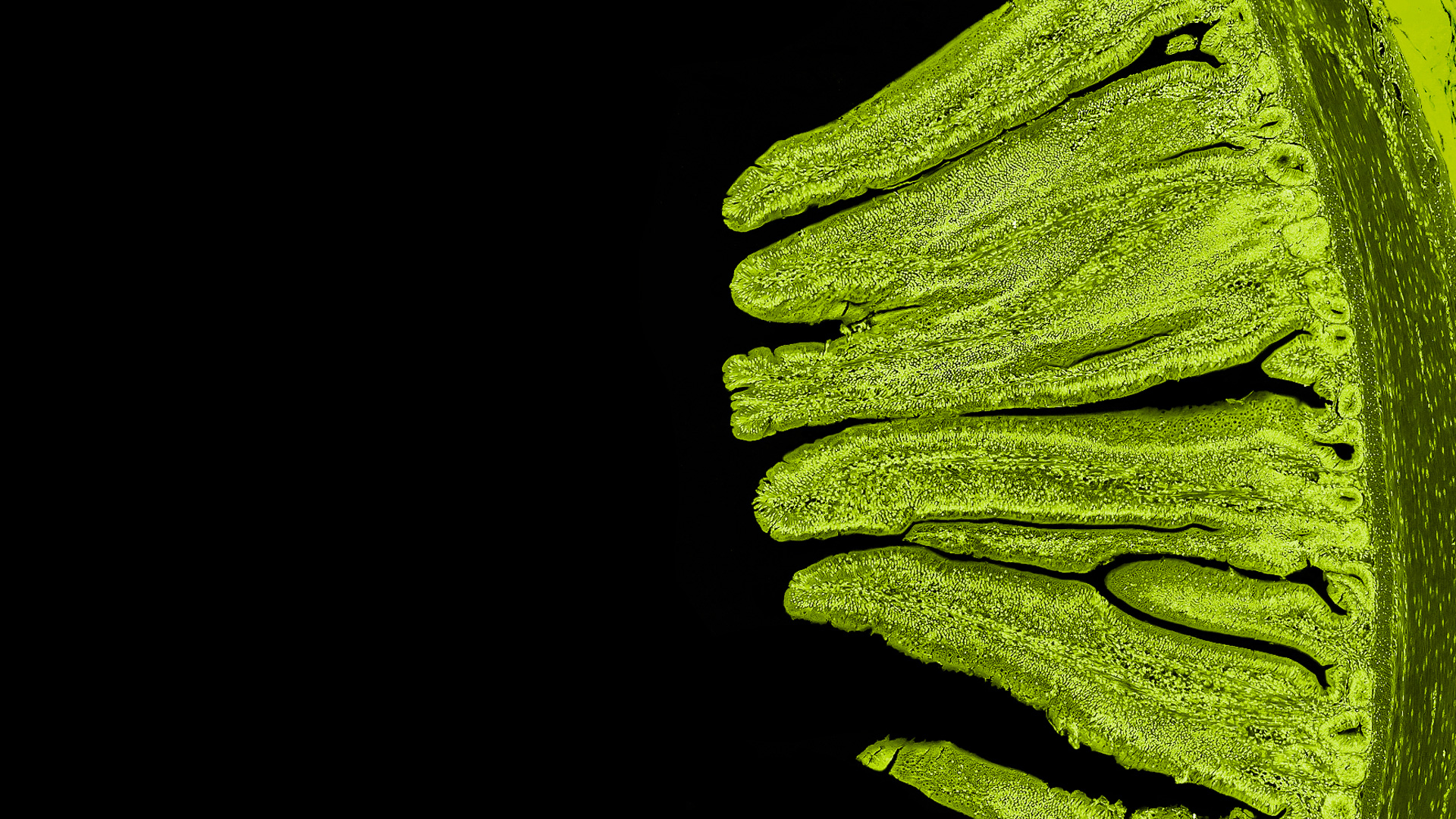
RESEARCH TOOLS
For research assignments, a comprehensive toolbox of analytical methods and models is required. Alimetrics has at its disposal a wide selection of proprietary methods that are vital for high-quality research.

IN VITRO AND EX VIVO LABORATORY MODELS
In vitro models
not specifically designed to mimic the target habitat, but rather answer pre-defined questions. They are used in preliminary screening of product candidates.
Ex vivo models
designed to mimic physicochemical conditions in a specific intestinal habitat by using truly authentic substrates, inocula and other materials recovered from the host. They are used for screening and mode-of-action studies with pre-selected products.

MICROBIOTA ANALYSIS
Exploratory microbial community analysis
Unique, full-genome guanine+cytosine (G+C) profiling is free of biases common to PCR- and hybridisation-based methods. It depicts the total microbial community in a single profile.
High-throughput sequencing, alone or in combination with %G+C-based genomic DNA fractionation.


Quantification of specific microbes and functional genes
Quantitative real-time PCR is used when the target microbes/genes are known.
Assays available for numerous microbes and genes relevant for intestinal health.
Novel assays designed on demand.

ANALYSIS OF MICROBIAL METABOLITES
Secreted microbial products are often the true mediators of health effects and indicators of specific activities. Such products can be analysed in host-derived samples and ex vivo laboratory fermentations.


Lactic acid and volatile fatty acids
Shifts in acid profile indicate microbial changes.
All short-chain fatty acids are energy sources for the host.
Butyrate in particular maintains the integrity of the epithelium.


Products of protein fermentation
Good quality protein is primarily digested and absorbed in the small intestine.
Protein escaping to the lower intestine undergoes putrefaction and become fermented to biologically active and/or toxic metabolites.

IMMUNOLOGICAL AND CELLULAR PARAMETERS
Gastrointestinal health is affected by, and reflects, a number of mediator molecules produced by the host. Immunological alertness is vital for the host when conditions are challenging.


Secreted indicators in the gastrointestinal tract
Quantification of local antibodies, inflammation markers and regulatory compounds that indicate immunological status.


Health status of the intestinal tissue
The status of cell-mediated immune defence can be detected in stained intestinal thin sections. The condition of the intestinal epithelium can be also measured as villus-to-crypt ratio.


Expression of activities in epithelium
Diet and microbiota play a significant role in the regulation of activities in intestinal brush border. Expression of key activities can be measured by quantification of mRNA of interest, a template to synthesis of specific proteins.

IN VIVO RESEARCH
There is a general aspiration to reduce research with live animals. Although many developmental phases which have been traditionally carried out with animals can be avoided, eventually products have be tested in a target host.


Small-scale clinical trials with human volunteers
Intervention studies with products designed to improve intestinal health and maintain balance of intestinal microbiota.
Epidemiological and etiological studies to reveal causal relationships such as those between intestinal disorders, health indicators and the diet.


Performance trials with production animals
Relationship between various feed additives and the intestinal health of target animals.
Potential to improve performance with a wide range of speciality additives and feed ingredients.
Mode-of-action of feed additives and evaluation of possibilities to replace growth promoting antibiotics.

